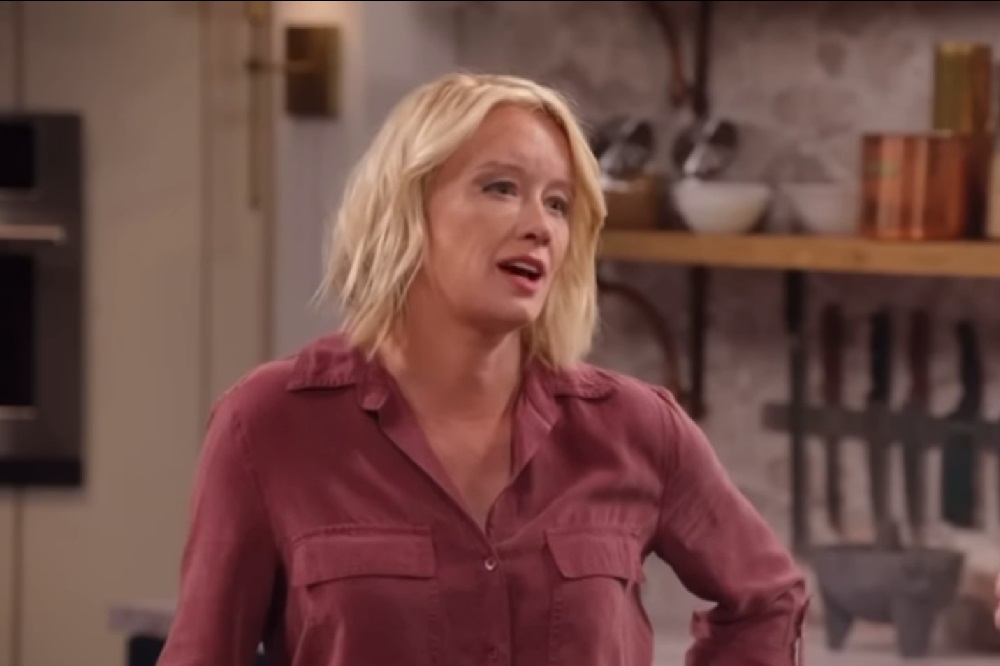Welsh journalist Maxine Hughes interviews Donald Trump for new S4C series

Welsh journalist Maxine Hughes has interviewed Donald Trump and some of his diehard followers for the first of three-part S4C documentary strand called Extreme World.
The US-based journalist negotiated for more than a year for access to the former US president, securing 30 minutes at his Mar-a-Lago resort for a face-to-face interview, in which he talks about his plans to stand for re-election.
Hughes previously documented the 2020 US elections, meeting voters in middle America, border states, swing states and Los Angeles in S4C doc Trump, America and Us.
She has also enjoyed an international following as the Welsh language translator to Ryan Reynolds and Rob McElhenney for the Disney+ documentary series Welcome to Wrexham.

In the S4C doc, she also spends time with the Proud Boys and Front Row Joes who devote much of their time to supporting Trump’s campaign.
“Some of them have been to more than 300 rallies and put all their money into following him,” she told the Welsh Screen Summit. “They’re fast becoming a more and more influential group, growing in size, getting involved in political campaigning.”
Hughes described Trump as the most difficult interviewee she has faced.
“I don’t think you can give Donald Trump a difficult interview in a way because he will answer in the way he wants,” she told the Wales Screen Summit. “I was surprised by the level of performance that he’s able to give when he answers questions.”
Hughes described her technique as asking listening and asking emotional questions wherever possible, to get interviewees to open up.
“When people have an agenda, especially extremist groups, you never get a good interview if you go in trying to challenge them because they’re not going to change their opinion,” she said. “There’s not much to be gained by going in aggressively.”
Working language
While she conducts the interviews in English, her remaining commentary is in Welsh and she said she feels a duty to show the world that it is a working language – and for Welsh viewers to enjoy the same kind of internationalist perspective afforded to audiences watching English-language PSBs.
“S4C’s in a unique position as a small organisation that can push boundaries in a way that even the BBC doesn’t, which makes them refreshing to work for,” she said. “The Welsh audience like seeing people speak Welsh overseas and see Welsh people facing big things down.
“We shouldn’t limit our choices in the content we make or watch – we shouldn’t have to turn to English channels to see high-profile people. That’s why we’re going after world leaders.”
Welsh indie Alpha Productions made the doc, which airs on S4C and BBC iPlayer on 11 June. The indie’s founder, executive producer Iwan England, became S4C head of unscripted during production.
Hughes’ next Extreme World doc will focus on Turkey, with filming set to continue beyond the second round of the country’s elections and is likely to air later this year.
Support our Nation today
For the price of a cup of coffee a month you can help us create an independent, not-for-profit, national news service for the people of Wales, by the people of Wales.







ac isdeitlau yn Gymraeg, os gwelwch yn dda, ar gyfer y Saesneg llafar hefyd
She is 100% correct, but isn’t that virtually every area of foreign life for Britons. Haven’t they always got to go through the English? The people of Wales are kept ignorant about how the mechanics of government and other areas are carried out.
I hope she got a rabies shot first.